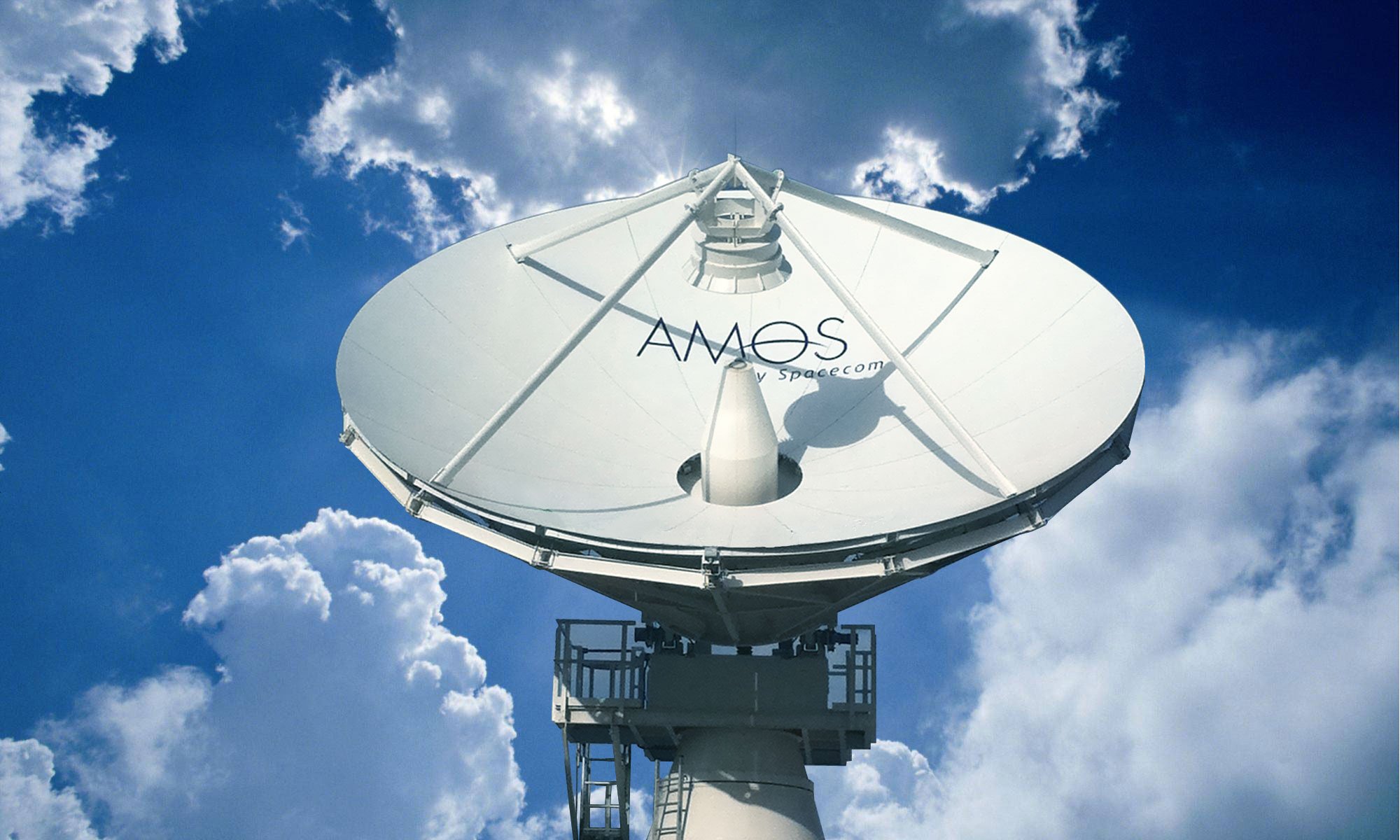TAMPA, Fla. — Israeli satellite operator Spacecom is adjusting its business to serve maritime customers as the market shows signs of recovering from the pandemic.
Spacecom said May 12 it has redirected a Ku-band beam on its AMOS-17 satellite to the Indian Ocean for future growth opportunities after securing its first maritime customer.
This customer is using AMOS-17’s Ka-band to connect superyachts in the Indian Ocean, according to a Spacecom executive, who said the redirected Ku-band enables the operator to provide up to 2 gigabits per second of capacity over the region.
The Ku-band transponder is one of 18 aboard AMOS-17 and previously offered services over east and southern Africa across land and sea, said Ofer Asif, Spacecom’s senior vice president of business development, strategy and marketing.
“With the increasing demand for maritime services over east Africa and the Indian Ocean, we moved the land customers to the AMOS-7 satellite and re-pointed the AMOS-17 beam to cover the Indian Ocean Region,” Asif told SpaceNews.
AMOS-17 is Spacecom’s newest satellite and was launched in 2019 to provide broadcast and broadband services across sub-Saharan Africa, Europe, the Middle East and parts of Asia.
AMOS-7 is a satellite Spacecom is leasing from Hong Kong-based AsiaSat under a deal forged in 2016 to fill a coverage gap left by AMOS-6, which was destroyed after a SpaceX Falcon 9 rocket preparing to launch it exploded during a fueling test.
“Spacecom is working on all aspects of the maritime market from superyachts and commercial vessels, to container ships, to oil & gas platforms to regular shipping and also for security applications.” Asif added.
Large cruise vessels and more than 60% of passenger cruises resumed service in 2021 after being forced aground by pandemic-related travel restrictions, according to an annual report on the maritime market released Apri 20 by Euroconsult analysts.
More maritime traffic helped the number of active very-small-aperture (VSAT) terminals to increase by 32% to 31,100 terminals in 2021 compared with 2020.
However, the market still has “a long way to go to reach pre-pandemic levels,” Euroconsult added, as the industry continues to feel the pressure of lengthy restrictions on international travel.
Spacecom’s diversification strategy comes after 4iG, a Hungarian IT and communications company, announced plans in June to buy 51% of Spacecom and build out its portfolio of services.
Israeli government concerns about Spacecom’s satellites coming under foreign control and 4iG’s ties to Hungarian Prime Minister Viktor Orban have been delaying the deal’s closure, the Jerusalem Post reported in January.
